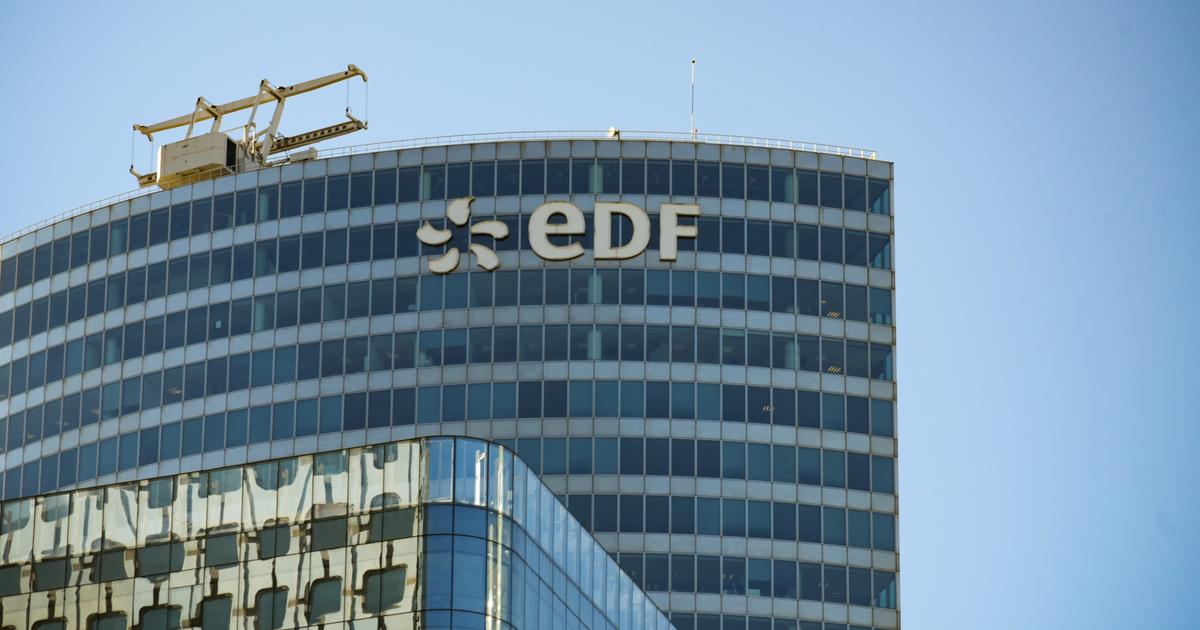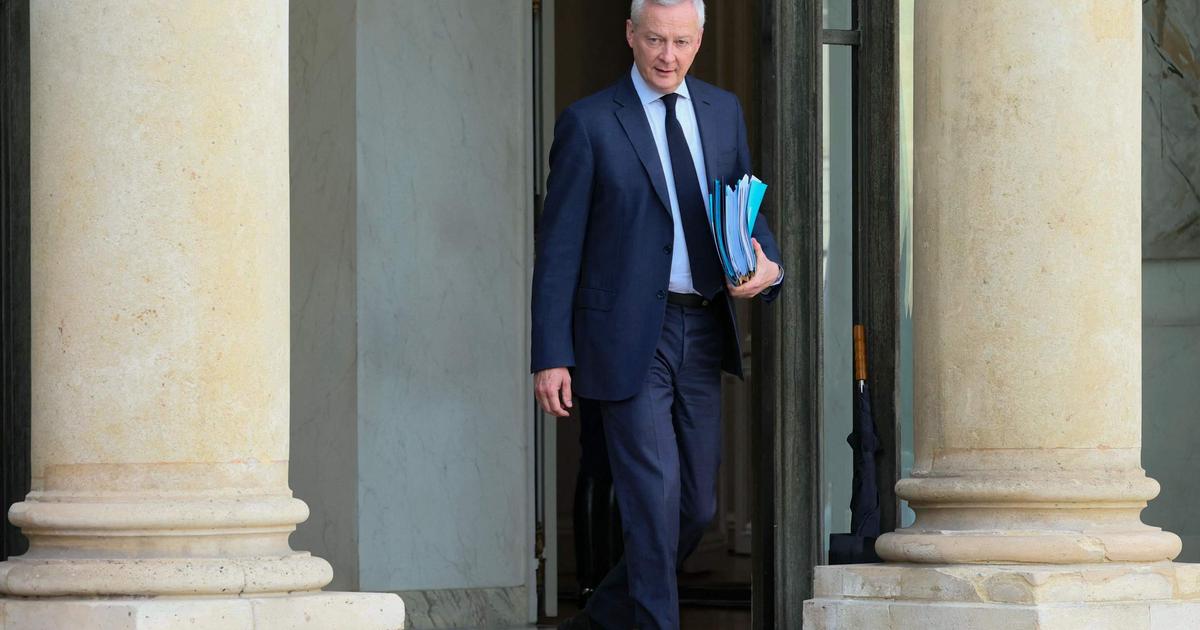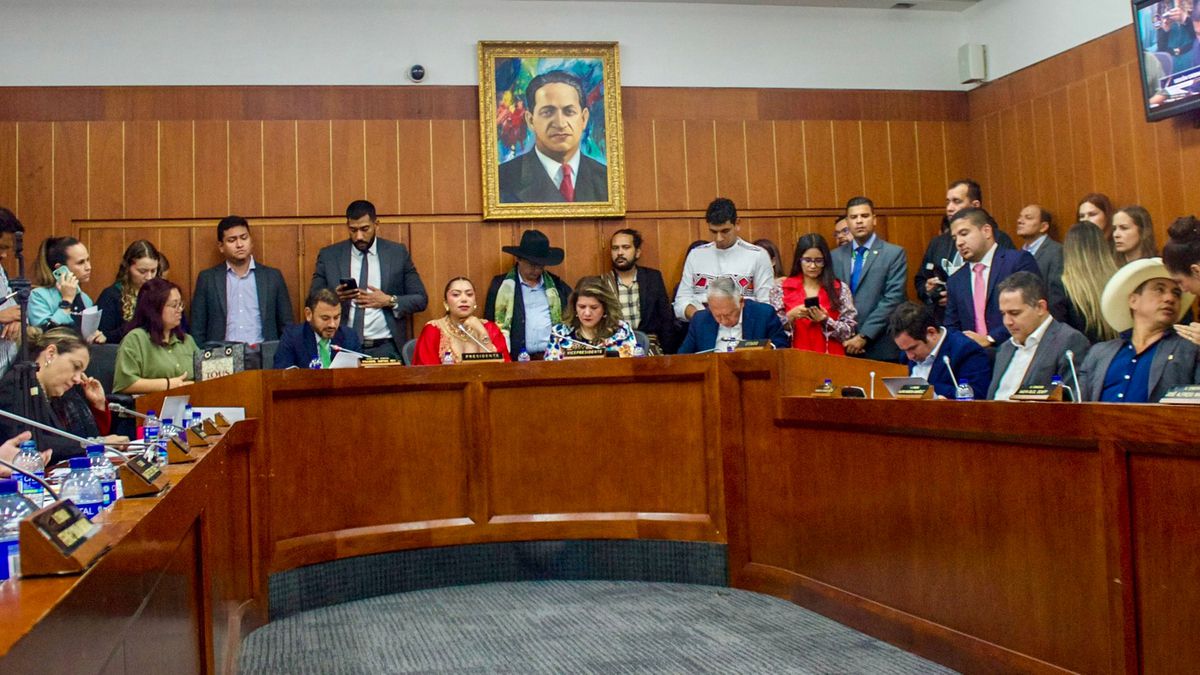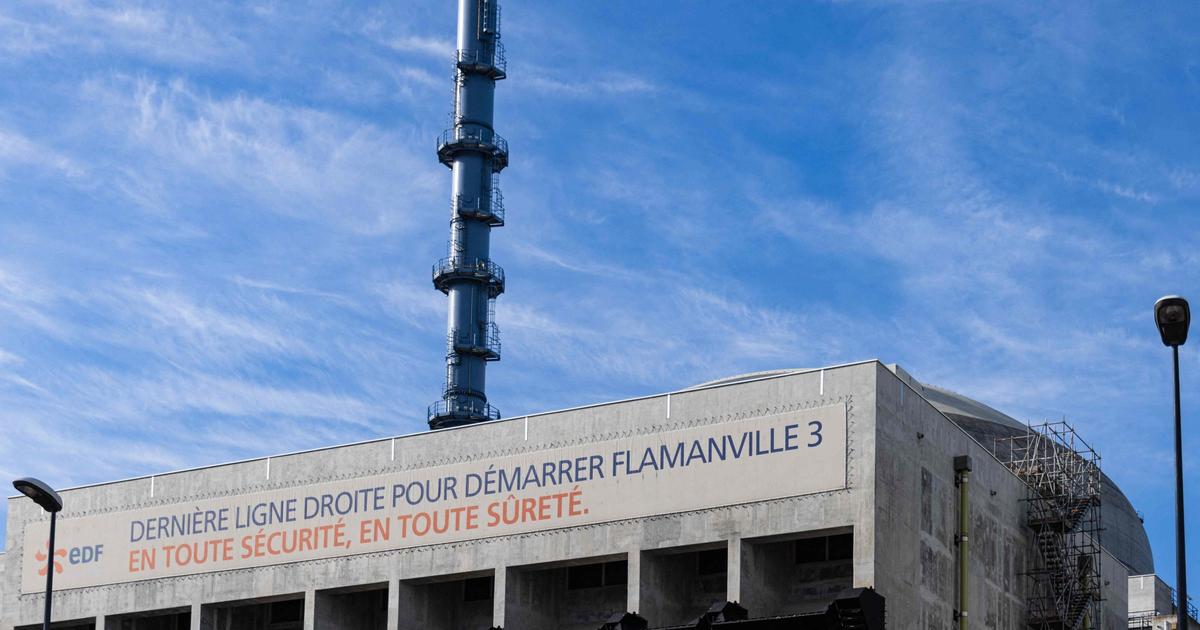Hercules, or Grand EDF, will therefore have fizzled out.
The postponement of this reform until Greek calendar had even become lately an open secret, so much the opposition, from all sides (the unions, starting with those of EDF - CFDT, CGT, FO and CFE-CGC - but also the opposition, La France insoumise, the Communist Party, the Socialist Party or even The Republicans).
It was no longer a question of whether this project was going to be canceled.
But just when he would be.
They all denounced an outright “dismantling” of the group.
And behind, the "killing" of public service.
What was it ?
The Parisian was the first to unveil the main lines of this project in April 2019. An explosion in the world of energy as Hercules, its code name, called into question the entire construction of the group since its creation at the end of the Second World War.
It planned to split EDF into three entities: a public company (EDF bleu) for nuclear power plants;
another (green) listed on the stock exchange for the distribution of electricity and renewable energies;
and a third (azure) which would cover the hydroelectric dams, the concessions of which would be put back into competition under pressure from Brussels.
The public authorities were in fact seeking to isolate nuclear power from the rest of the activities.
The management of active power plants, their upcoming dismantling for those reaching the end of their life, and the sale and construction projects of new reactors, in particular EPR, had indeed become a major source of concern, with a wall of investment estimated at 100 billion euros by the Court of Auditors over the next ten years.
Read also Fessenheim: how do you dismantle a nuclear power plant?
"A dead weight that could drag the rest of the company to the bottom", even confided a member of the management to our newspaper in 2019. It also recalled that EDF was already weighed down by an abysmal debt of 42 billion d 'euros.
Why is the project buried?
In June, our newspaper presented the three options that were then on Emmanuel Macron's desk. The President of the Republic had indeed decided to take the matter back in hand, until then followed by Bercy. “Either the project is abandoned, on the grounds that the compensation required by the European Commission is too restrictive,” a government source told us. Either it is considered viable and a bill will be presented to the Council of Ministers by the end of July. Either, third and last option, the executive opts for a two-step strategy. "
It is therefore the first option which finally got the favors of the president, undoubtedly under the constraint of Brussels, but also of the weight of the oppositions, here in France. "Discussions with Brussels were at a standstill on the subject," confides again this same source, contacted by the newspaper. We weren't making any progress, it was no longer useful to persevere. "
"There was a big opposition on the subject, details another source, internal to EDF, and which follows the file for years.
Europe, with its twelve-point climate plan to achieve carbon neutrality by 2050, is already announcing the return of a tax, of the same type that gave rise to the movement yellow vests in 2019, then there is no question for her to further validate a French nuclear plan which could cost tens of billions of euros.
"
An issue that transcends borders
Behind Hercules, a whole nuclear geopolitics is in the process of clashing. “Hercules was an open door for the Chinese to come and invest in French nuclear power in the years to come,” decrypts this same source, internal to EDF. There were no other solutions as the amounts to revive the industry are colossal. "
This is indeed already what has been put in place with the construction of two EPRs at Hinkley Point in Great Britain.
EDF finances (on own funds) the site to two-thirds.
The remaining third is matched by CGN (China General Nuclear Power Group).
"The Americans, and in particular the new government of President Joe Biden, absolutely do not want this collaboration between China and Europe," the source continues.
And even less between China and France in the nuclear sector, a strategy which is nevertheless secretly defended by Emmanuel Macron.
And they will do anything to oppose it.
"
What consequences for the general public?
The unions defended the safeguard of the public service by maintaining the current structure of EDF.
All feared that by selling part, even a minority, of the assets to the private sector, the quality of the services of the incumbent energy operator would be considerably degraded.
But behind the cancellation, temporary or not, of Hercules, hides another subject: the Arenh, or Regulated access to historic nuclear electricity.
A somewhat barbaric acronym which in fact hides the obligation since 2011 for EDF, which operates the 19 national power stations, to resell 100 terawatt-hours (TWh), or about a quarter of their production, to its competitors, at the very competitive price of 42 euros per megawatt hour (MWh).
It was planned to increase the tariff, undoubtedly to 48 euros / MWh, on the recommendations of the CRE, to favor EDF.
Read also Electricity: a new increase in tariffs on August 1 ... which announces others
If this new price remained advantageous for the competitors (the alternatives) who buy it, with regard to market prices (currently around 70 euros / MWh), this increase would necessarily have an impact on the prices that suppliers apply to their customers. , starting with French households.
In compensation, access to this electricity was to be extended to 150 TWh.
Alternatives could thus obtain supplies there at a higher unit price, but in larger volumes.
"The postponement of the Grand EDF effectively freezes the plan to increase the price of the Arenh", confides another internal EDF source, close to management.
This is therefore good news for alternative suppliers who will be able to continue to source electricity from nuclear power at a price that beats all competition. "On the other hand, on the fact of raising the ceiling to 150 TWh, it is independent of Hercules, and at the discretion of the government," said the same source. It is even enough for him to go through a simple decree. This would be further good news for these same alternative suppliers, who could thus source on larger volumes. And therefore for their subscribers who would continue to have access to competitive prices, in a context where electricity prices continue to soar.














/cloudfront-eu-central-1.images.arcpublishing.com/prisa/H7U7FJNUZBG6BPL5PZCMGC6EUY.jpg)